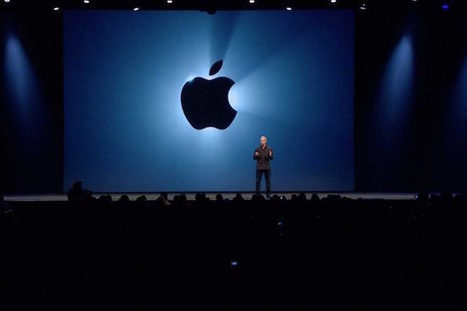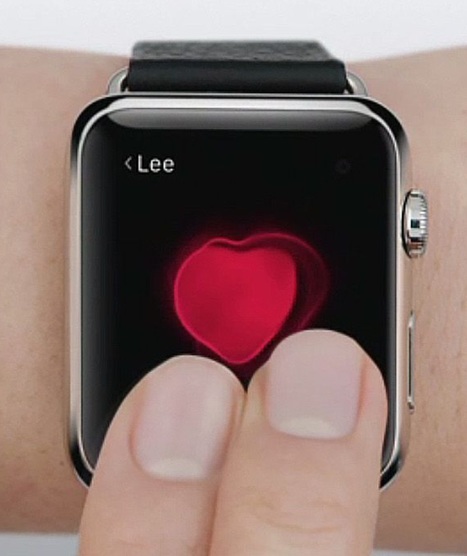La santé, source de nouvelles opportunités
Dans le cadre du Steve Jobs Theater, au sein du nouveau campus Apple Park à Cupertino, Tim Cook a ainsi évoqué le secteur de la santé comme un possible axe de développement, au-delà de l’offre existante (Apple Watch ou Health App). Le dirigeant reconnaît la difficulté à innover sur ce marché du fait de sa complexité, mais Cook estime toutefois que son entreprise bénéficie « d’une excellente position » pour y réussir. Il estime en effet que l’entreprise aura un réel impact dans ce domaine, car c’est son approche customer-centric qui la guidera dans le développement de ses produits, plutôt que par la capacité de ces derniers à être remboursés ou non par Medicare ou Medicaid.
Apple embarque déjà son application santé sur ses iPhone. La nouvelle mise à jour Apple iOS 11.3, qui sera disponible au printemps, permettra aux utilisateurs américains d’indexer et d’accéder à leurs données médicales via un carnet de santé numérique.
Apple n’est pas le seul acteur de la tech à s’intéresser à ce marché : Amazon, JPMorgan et Berkshire Hathaway ont lancé un consortium afin d’adresser les dépenses de santé de leurs propres employés. La maison-mère de Google, Alphabet, explore aussi le domaine, avec différentes initiatives comme les biotechs Verily ou Calico.
Par ailleurs, le patron d’Apple a indiqué être satisfait des performances de l’activité wearables (qui comprend Apple Watch, les casques Beats, ou les Airpods). Malgré des débuts contrastés, le périmètre de cette division est de taille équivalente à celui d’une entreprise du Fortune 300 (classement des entreprises aux Etats-Unis par taille de chiffre d’affaires).
Get Started for FREE
Sign up with Facebook Sign up with X
I don't have a Facebook or a X account
 Your new post is loading... Your new post is loading...
 Your new post is loading... Your new post is loading...

Pharma Guy's curator insight,
September 13, 2017 7:37 AM
In May 2017, Cardiogram (cardiogr.am) and the UCSF Health eHeart Study (health-eheartstudy.org) released results showing DeepHeart, a deep neural network, can detect atrial fibrillation with 97% accuracy, using Apple Watch's heart rate sensor. DeepHeart was first trained on data from 6,158 Apple Watch owners—139 million heart rate measurements and 6,338 mobile ECGs—to identify atrial fibrillation using Apple Watch's optical heart rate sensor. DeepHeart was then tested on a separate group of 51 UCSF patients undergoing cardioversion, a heart procedure, and showed a c-statistic of 0.97 at distinguished atrial fibrillation from normal heart rhythm. |
|














